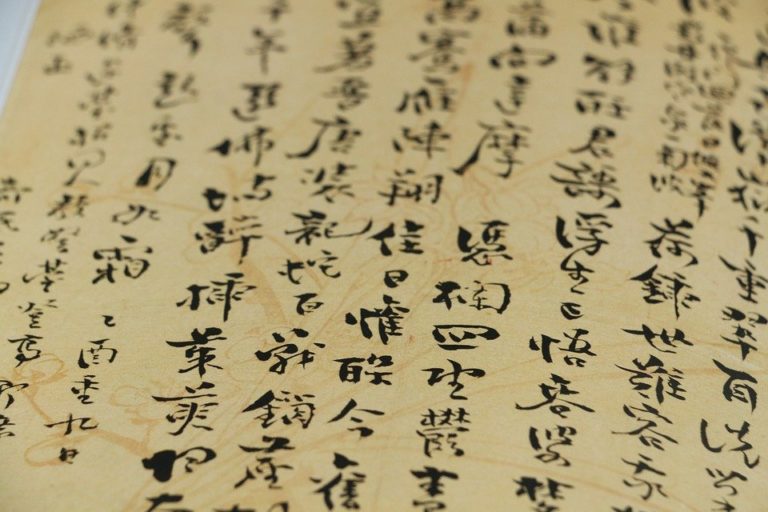You’d be hard pressed to find two languages that are more different than English and Chinese, right? Many people hold a similar opinion, and in some aspects, they’d be right– there are quite a few differences.
Even so, no matter what language you speak, there are some parts of being human that are universal.
For example, most everyone is familiar with the way it feels to sit down to a home cooked meal. Most people also know the way it feels to realize you've forgotten to do your homework. Some experiences are natural to being human. Many languages reflect these experiences in short, easy-to-remember phrases known as idioms.
If you’re a frequent English-speaker you’ve definitely heard some before.
What you might not know is that Chinese itself has plenty of idioms, known as chengyu. These chengyu have a big place in everyday Chinese. There are many of them that have the same meaning as idioms we use in English every day.
Without further ado, here are six Chinese idioms with a common English equal!
-
1 九牛一毛: One hair among nine cows

ENGLISH EQUAL: A drop in the ocean
The idiom “九牛一毛” is used to describe the insignificance of something in the greater picture. It's just like the English phrase, “a drop in the ocean”. One might say, “The money we already raised is just a drop in the ocean compared to what we need to donate to the charity.” ‘九牛一毛’,or ‘one hair among nine cows’, would be used in the same way!
-
2 称兄道弟: To call each other brothers

ENGLISH EQUAL: Brother from another mother
This Chinese idiom refers to a close and intimate relationship between two people. In everyday Chinese, it's used to call someone their brother despite no blood relation. Sound familiar? In English “brother from another mother” means exactly the same thing!
-
3 笑里藏刀: Hide a dagger behind a smile

ENGLISH EQUAL: Wolf in sheep’s clothing
Okay, so let’s be real, everyone has met someone that’s given them a bad vibe before. They seem nice enough, but you’re sure their intentions aren’t 100% good. In Chinese, they call that “笑里藏刀“, or ‘hiding a dagger behind a smile’, which is very like what it's called in English. You'll hear it called being a “wolf in sheep’s clothing”.
-
4 见利忘义:To see profit and forget morality

ENGLISH EQUAL: Sell your soul
“He’d sell his soul for that job.” There are many people willing to throw caution and morality to the wind to pursue a goal. In English it’s referred to as “selling your soul”, and in Chinese this phenomenon is called “见利忘义”, or 'to see profit and forget morality'.
-
5 愚公移山:The old man moves mountains

ENGLISH EQUAL: Where there’s a will, there’s a way
Amazing things have been accomplished by sheer perseverance and determination. That’s why the same phrase exists both in English and Chinese: “愚公移山”. This phrase translates directly as "the old man moves mountains". The English equal, often used to inspire and motivate, is “where there’s a will, there’s a way”. Both are used to describe a situation in which amazing feats have been accomplished. I’ve had to tell myself this phrase many times over the years when studying for a Chinese test!
-
6 不翼而飞: Disappear without a trace

ENGLISH EQUAL: To vanish into thin air
This idiom, in both English and Chinese, can be used when something disappears. For example, the TV remote, your phone, or your willpower to finish your homework. When something disappears without a trace, you would say that it “不翼而飞”. In English, you would say that it 'vanished into thin air'.



0 Comments